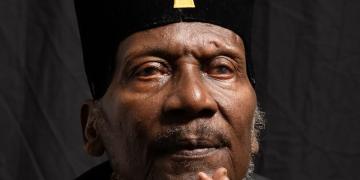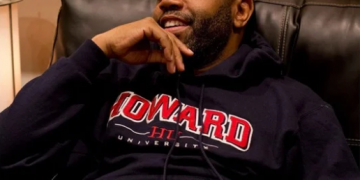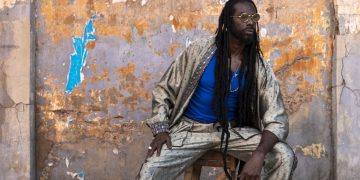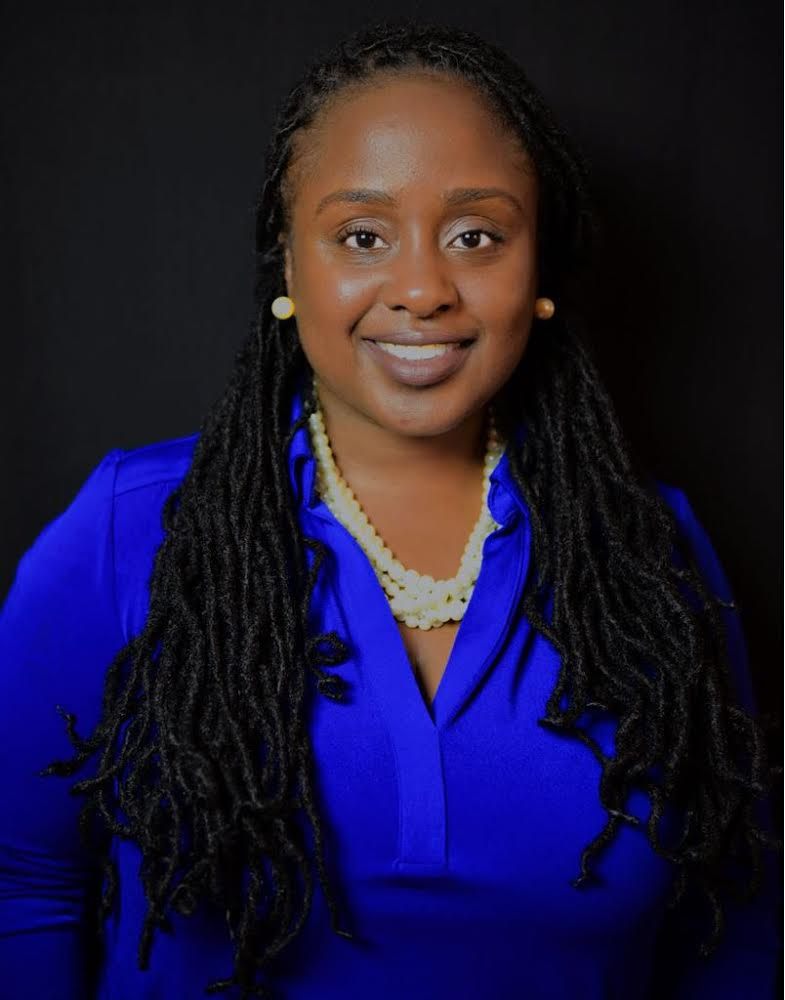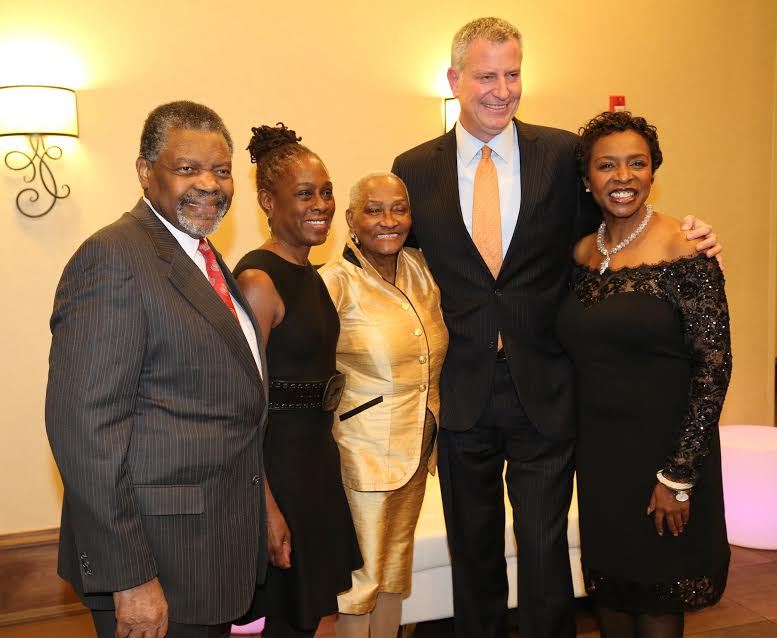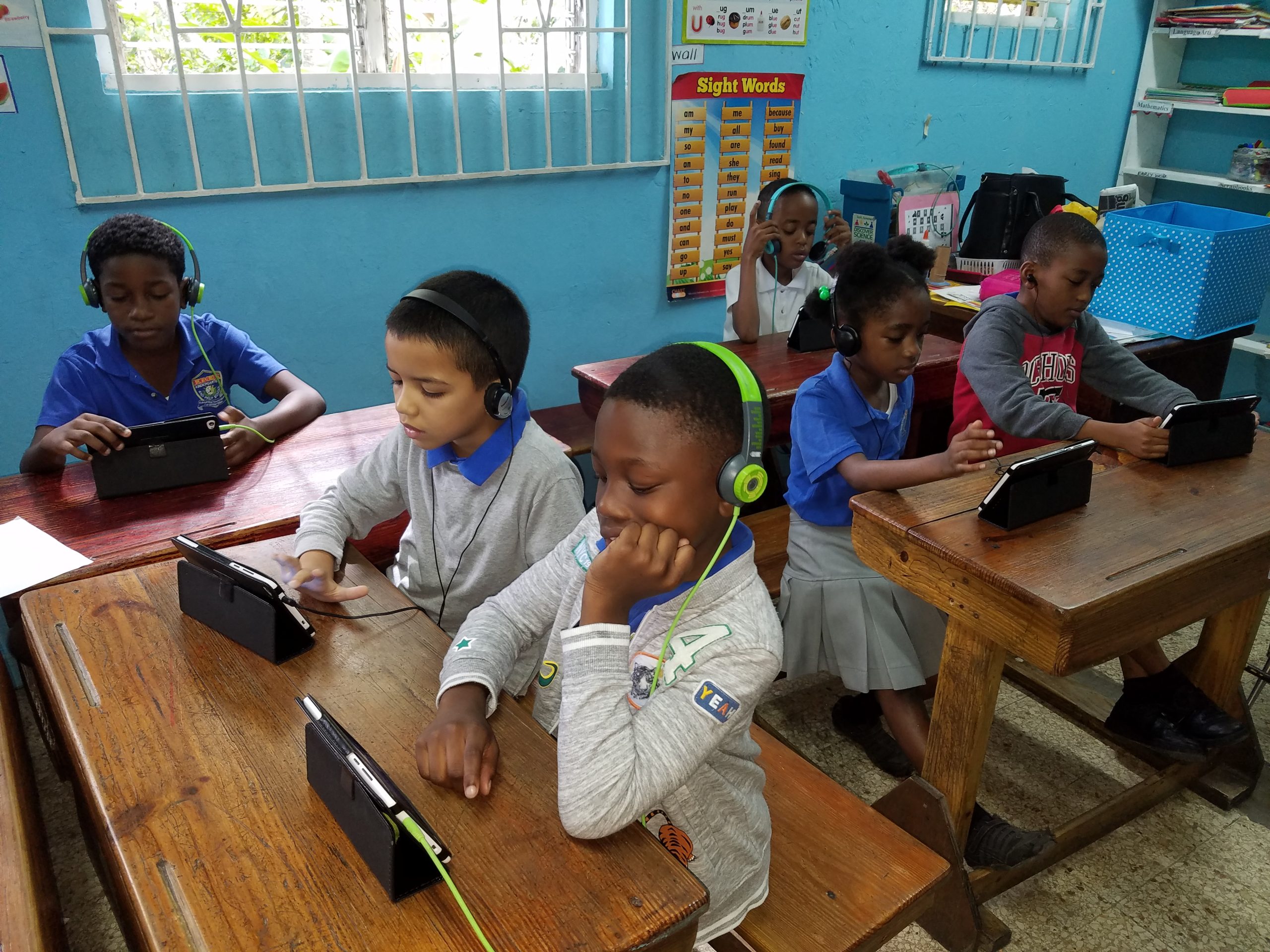By Dr. Trina Lynn Yearwood
“Panama. My family is from Panama.” Those were the words my 7-year-old classmate uttered after mustering up the courage to explain why she was crying. I don’t remember the details of the assignment, but I recall students sharing stories about their summer and then my classmate’s meltdown. While I was unsure of what caused my young friend to get so emotional and choked up as she shared where her family was from, I tried my best to reassure her by calling out, “My family is from Panama, too!” This incident happened well over thirty years ago, yet it still occasionally appears in my thoughts. Each time it does, I ask myself: What was so bad about her family being from Panama? Why did it bring her to tears? What was the source of her embarrassment? Why didn’t the teacher comfort her or facilitate a conversation with us about how Panama contributed to the United States’ economic success and its position of power in the world? Did our teacher even have any or sufficient information about Panama or her students in order to utilize our culture to inspire us?
Since the founding of this country, children of African descent have grown up in a society that proclaims Black is inferior and something to be ashamed of. From Thomas Jefferson’s assertion that “…the blacks…are inferior to the whites…” in his Notes on the State of Virginia in 1781 to white people calling the police on Black people for simply living their lives in 2018, messages of white supremacy reign supreme. This, unfortunately, is often left unchallenged in the classroom by teachers who embrace the single story they have learned. I wonder how my classmate’s experience might have been different if we had a teacher who knew and taught the history of her students’ ancestors.
After his fifth-grade teacher told him that people of African descent had no history, Arturo Alfonso Schomburg embarked on a journey to chase the truth. Schomburg an Afro-Puerto Rican activist, scholar, and historian, collected books, music, art and other artifacts to vindicate his people. In his essay, The Negro Digs Up His Past Schomburg affirmed that “History must restore what slavery took away.” Slavery omitted our true history from the history books and instead replaced it with revisionist history created to perpetuate white supremacy. Determined to “remake his past in order to make his future”, Schomburg dedicated his life to adding an accurate account of our story to the pages of world history.
I owe a debt of gratitude to Arturo Schomburg for collecting and preserving so much of my history. There is something beautiful about the history of my ancestors that empowers me; perhaps because it gives me access to the past and supports my understanding of the present. This great history that had been locked away from me as a child and caused my 7-year-old classmate to cry when she talked about her cultural heritage, truly inspires and liberates me as an adult. Imagine what access to this history would do for a child! And while I absolutely love the career I had as an English teacher, the more I learn about Schomburg’s passion and commitment to recording the history of people of African descent, the more I wish I, too, were a historian to collect and preserve my history for generations to come.
In honor of Hispanic Heritage Month, I celebrate the life and legacy of Arturo Schomburg—an ancestor, a visionary, and a champion for our people. His commitment to collecting, preserving and sharing research about Black culture laid the foundation that all teachers of children of African descent need to help their students see themselves in history and understand the accomplishments of their ancestors across the globe. Sadly, many teachers have never learned about Arturo Schomburg or his dedication to sharing Black culture with the world.
I encourage teachers and other educators to seek out new knowledge like Schomburg. Visit the Schomburg Center for Research in Black Culture to learn about the history of people of African descent to support your practice. Plan a field trip to the Schomburg Center to empower your students to chase their history and learn about the legacy that belongs to them. Encourage your students, or other young people, to join the Schomburg Center’s Junior Scholars Program. You never know, learning about their history from an affirming place might just transform their lives.
Dr. Trina Lynn Yearwood is the Founder of Teachers Ready to Educate, Advocate and Transform (TREAT), an organization committed to helping teachers integrate the diverse culture of students into the classroom and curriculum by providing a platform for them to discover and share innovative ways to utilize children’s culture to enhance teaching and learning. To learn more about the organization, follow @wearetreat on Instagram or email wearetreat.info@gmail.com.

